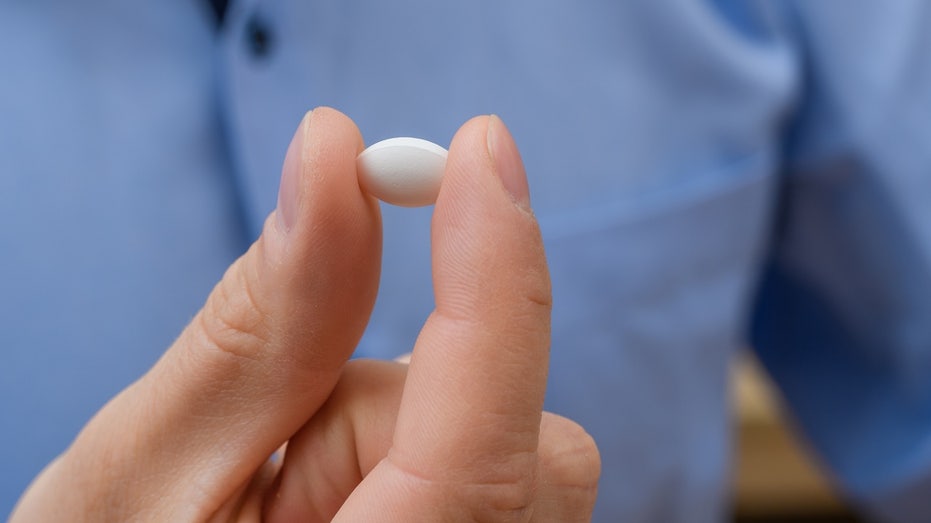Trump Administration Explores Psychedelics as Promising New Mental Health Treatment
Trump administration backs psychedelics research for PTSD and mental health treatment, prompting VA to explore promising clinical trials.

The Trump administration is actively considering the possibilities offered by psychedelic therapies as potential treatments for Post-Traumatic Stress Disorder (PTSD), addiction, depression, and other serious mental health conditions. In statements from the Department of Health and Human Services (HHS), the agency underscored its commitment to ensuring Americans—especially the nation’s veterans—have access to innovative, evidence-based approaches to care. Secretary Robert J. Kennedy Jr. emphasized that scientific rigor would guide all research efforts as the department explores new solutions for persistent mental health challenges.
Interest in psychedelics as therapeutic agents has surged in recent years, with substances like MDMA and psilocybin (“magic mushrooms”) at the forefront of clinical research. While these compounds remain highly regulated—MDMA has not received U.S. Food and Drug Administration (FDA) approval for general clinical use, and psilocybin remains a Schedule I substance under federal law—there are signs of progress at the state level. Psilocybin-assisted therapy is now legal in states such as Oregon, Colorado, and New Mexico, opening doors for broader study and application.
Medical experts point to a growing body of promising data. Dr. Luke Twelves, a general practitioner and vice president of medical for Lindus Health in London, described the results seen thus far as “remarkable,” particularly for treatment-resistant depression and PTSD. He noted ongoing clinical trials looking at psychedelics’ effects on end-of-life anxiety, addiction, eating disorders, chronic pain, and obsessive-compulsive disorder. However, Twelves cautioned that research encounters significant regulatory and practical challenges, including placebo controls and oversight, making it crucial that investigations are completed with care and integrity.
The increasing interest has reached federal agencies responsible for veterans’ wellbeing. At a recent cabinet meeting, Veterans Affairs (VA) Secretary Doug Collins indicated that the VA is “opening up the possibility of psychedelic treatment.” Preliminary findings from the VA’s 11 current clinical trials—which are expected to enroll about 800 veterans—have already shown positive results for psychedelic-assisted therapies targeting PTSD and major depressive disorders.
For many individuals suffering from severe trauma and depression, traditional medications have offered limited relief. Retired Army Sergeant Jonathan Lubecki, a participant in an MDMA clinical trial, reported a dramatic improvement: “I’ve only taken it three times as part of the clinical trial… because I haven’t had PTSD [since].” This kind of testimony, along with clinical trial outcomes, is fueling optimism among advocates and some policymakers who see psychedelics as a viable lifeline for those otherwise failed by conventional therapies.
Emerging research further supports this optimism. A study published in January 2025 in The American Journal of Psychiatry described MDMA as a substance that, unlike classic psychedelics, enables patients to maintain cognitive clarity and emotional stability during treatment, facilitating deep therapeutic breakthroughs. The research highlighted increased trust, empathy, and self-compassion among participants, benefits which traditional psychotherapy often struggles to achieve alone.
Private sector innovation is also contributing to the momentum. Companies such as Cybin are advancing through late-stage clinical trials; Cybin’s psilocybin formulation, CYB003, has achieved FDA breakthrough therapy designation for major depressive disorder. According to company data, long-term efficacy results indicate that 71% of trial participants were in remission from depression and 100% responded to treatment at 12 months post-dose.
While enthusiasm is building, experts urge caution and strict oversight. Leading doctors in the field agree that, although the therapeutic potential is significant, risks related to unregulated or recreational use are substantial. Dr. Marc Siegel noted that successful adoption depends on psychedelics being managed exclusively by trained medical professionals in safe, controlled environments. “There is a huge downside in terms of unregulated recreational uses,” Siegel warned, underscoring the dual need for innovation and caution.
Potential side effects—including anxiety, hallucinations, paranoia, and, in some cases, cardiovascular events—underscore the necessity of careful patient screening and ongoing monitoring. Ryan Moss, chief science officer at Filament Health, stressed the importance of administering psychedelic treatments within clinical settings, supported by experienced personnel to manage any adverse reactions and maximize therapeutic benefit.
As public and government interest grows, the future of psychedelic therapy in the United States hinges on continued rigorous research and a balanced approach that weighs potential benefits against known and unknown risks. For now, patients and advocates await the results of ongoing trials—and hope for new options in the fight against some of the nation’s most stubborn mental health crises.




